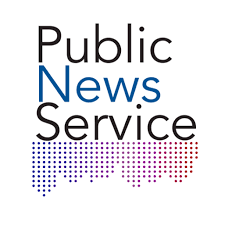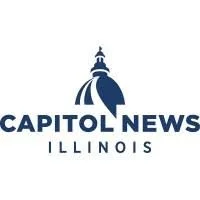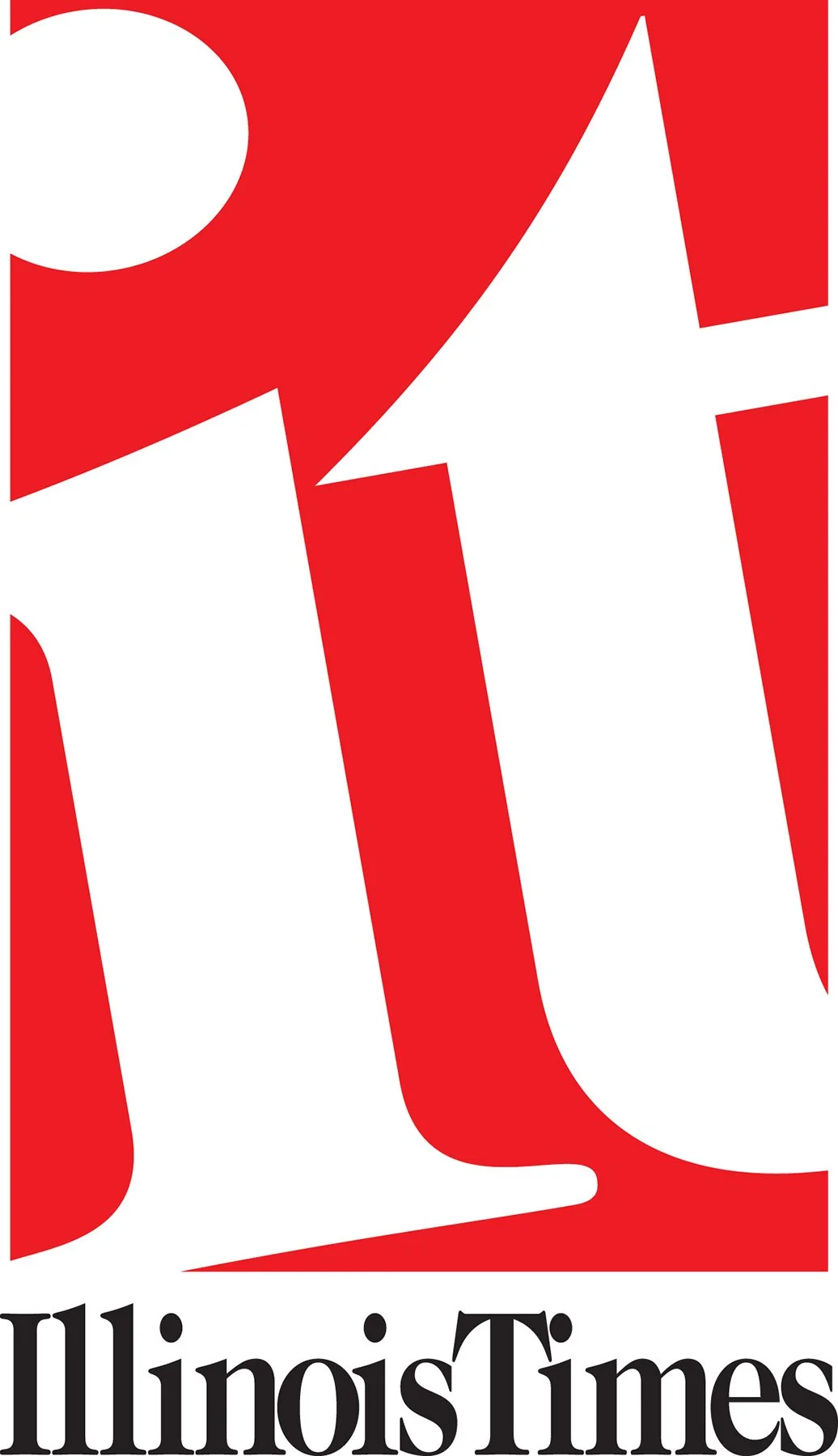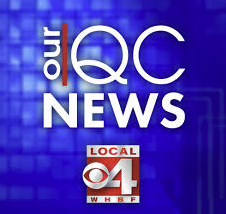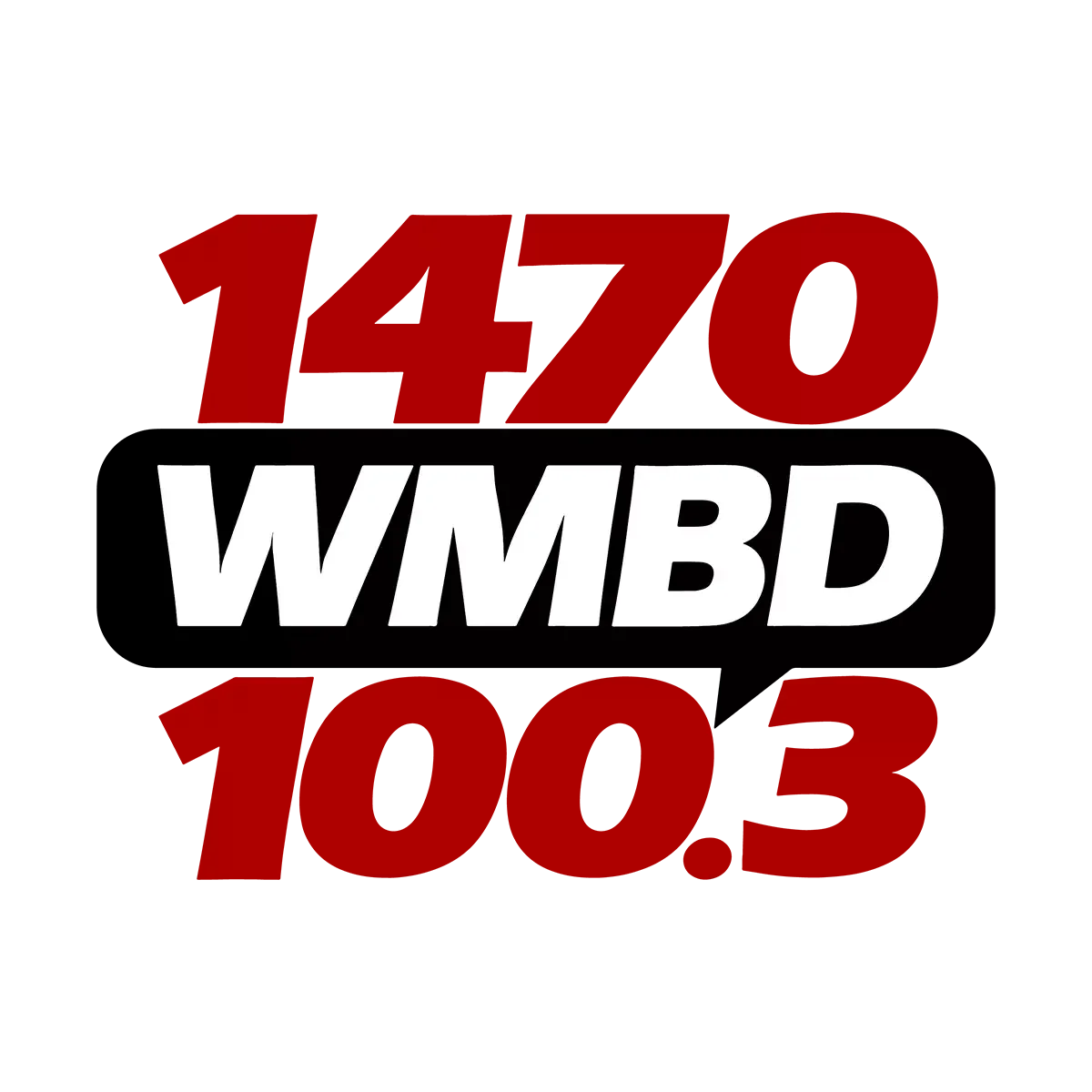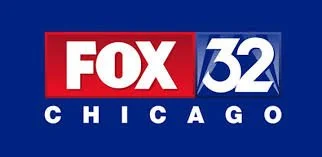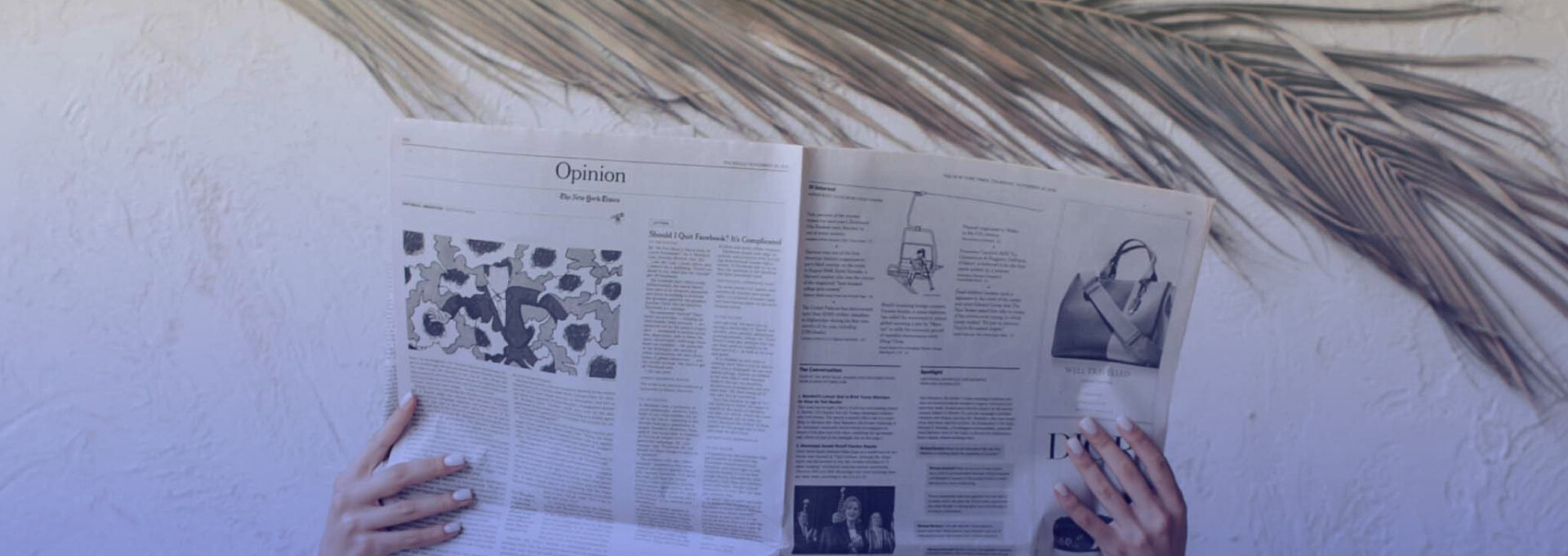
In the News
Advance Illinois serves as a resource for media outlets from across the state and beyond on policy issues in education from birth to career. Here’s our recent coverage.
With enrollment plunging at many of Illinois’ regional universities, state leaders are again pressing a sweeping overhaul of higher education funding.
Pritzker’s $56 billion budget proposal, which he released Wednesday, calls for a $305 million increase in the evidence-based funding formula, with a total investment of $9.2 billion.
A school-based support group is tapping into the warmth and wisdom of grandparents to help provide social and emotional support for girls in middle school. A recent report showed student mental health challenges in Illinois remain unsustainably high.
The Illinois Board of Higher Education is seeking a 4.6% increase in general revenue support for colleges and universities in the upcoming fiscal year.
The Illinois State Board of Education will ask state lawmakers to provide the same funding increase as past years for Illinois’ 800-plus school districts.
The Illinois State Board of Education voted Wednesday to recommend the state increase education funding at about the same amount as previous years, but far less than what would be needed to fully fund education across the state.
The newly launched organization will offer research-backed guidance to Chicago school leaders and board members as they tackle the district’s thorniest issues, from budget deficits to struggling charter operators.
For 33 years, the Minority Teachers of Illinois Scholarship’s mission has been to steer more people of color into the state’s teacher workforce, which is largely white. But in October, state lawmakers quietly stripped race and ethnicity requirements and made the program open to students of any race.
Six schools moved up, four moved down, and overall things seem to be improving with proficiency, graduation and chronic absenteeism rates. That in a nutshell is the finding for Springfield’s District 186 schools in the 2025 Illinois State Board of Education (ISBE) Report Card that tracks performance at the state’s public schools.
University students and faculty urged the Illinois Board of Higher Education to press Gov. JB Pritzker to release more than $29 million in funding for state colleges and universities that state lawmakers approved this year but the Pritzker administration is holding back.
As the midway point of the school year draws near, educators across the Quad Cities met for the Advance Illinois ‘The State We’re In 2025’ report.
A new report from Advance Illinois shows schools across the state are still struggling to recover from the impacts of the COVID-19 pandemic.
A comprehensive report card on Illinois public education shows both good news and bad news.
The Student Center CEFCU Commons at Illinois Central College‘s Peoria campus was occupied by around 50 educators, administrators and local officials, all to discuss what Illinois schools are succeeding in, and what they need to improve.
An Illinois non-profit bipartisan advocacy group focusing on education issues is touring the state to discuss its latest review.
Illinois’ high school graduation rate has hit a 15-year high, as students continue to show academic growth above pre-pandemic levels, state officials announced Thursday with the release of the 2025 Illinois Report Card.
On the first standardized test results reported since Illinois changed the scores needed to be deemed proficient, 52% of students met the bar in English and 38% did so in math.
As Peoria Public Schools receive more state funding, some advocates are saying Illinois isn’t properly funding its public schools.
Illinois has climbed from 47th to 18th in state K-12 funding after adopting an evidence-based formula — showing gains despite COVID disruptions, but equity gaps and support-staff shortages remain.
A new report on Illinois education highlights both progress and persistent challenges. The state has improved in early learning and college readiness, yet proficiency rates in reading, writing, and math have stalled despite billions in added K-12 funding.




